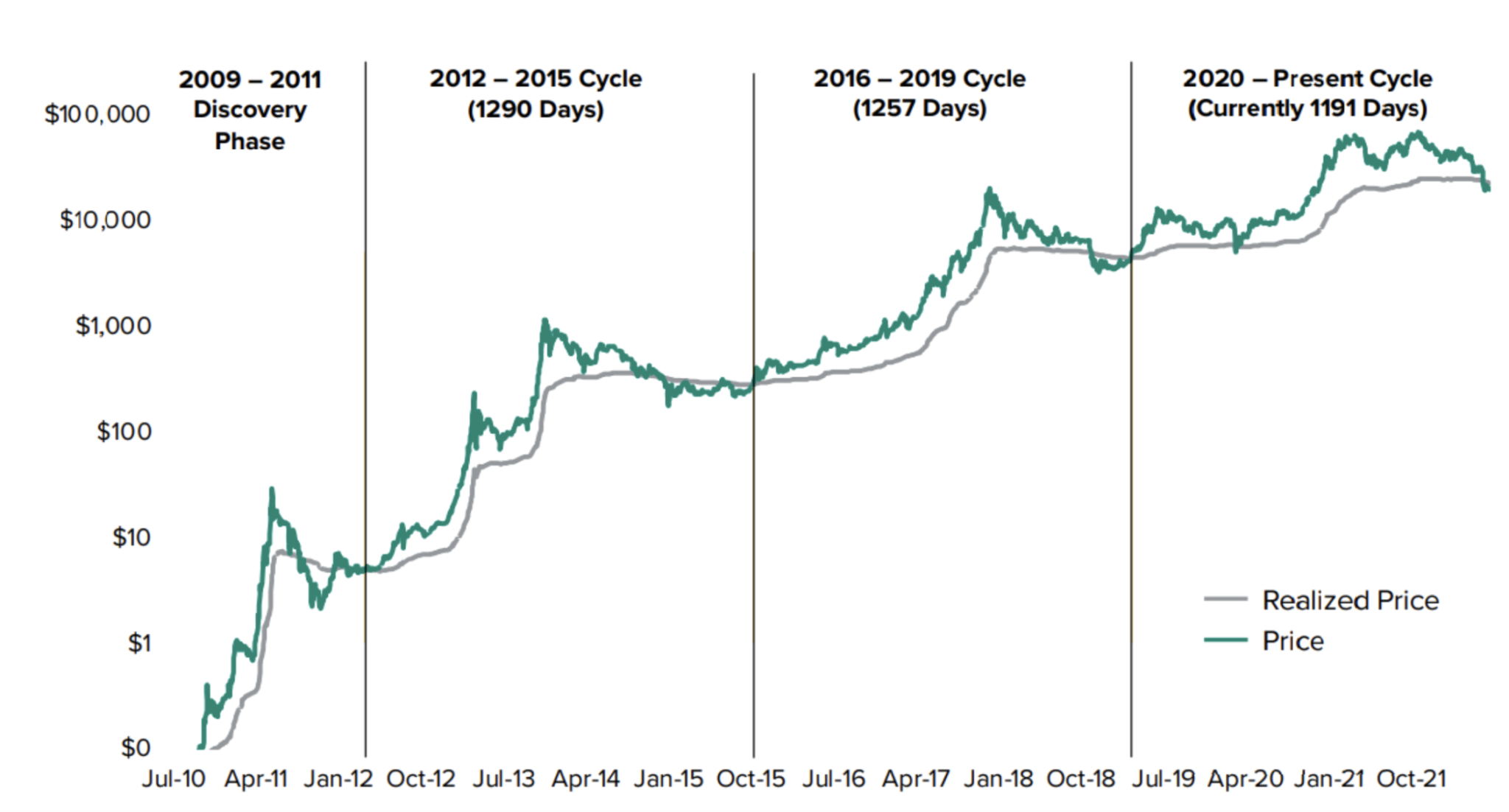When Should You Refinance Federal Student Loans?

Table of Contents
Assessing Your Current Federal Student Loan Situation
Before even considering refinancing, a thorough assessment of your current student loan situation is essential. This involves understanding your interest rates, evaluating your credit score, and analyzing your existing repayment plan.
Understanding Your Interest Rates
Knowing your current interest rates is the first step. Compare these rates to those offered by private lenders for refinancing. This comparison will reveal potential savings.
- Finding Your Interest Rate: Access your federal student loan accounts online through the National Student Loan Data System (NSLDS) or directly through your loan servicer.
- Fixed vs. Variable Rates: Understand the difference between fixed interest rates (consistent throughout the loan term) and variable interest rates (subject to change based on market conditions). Fixed rates offer predictability, while variable rates might initially be lower but carry more risk.
- Impact of Interest Rate Changes: Consider the long-term impact of even small interest rate differences. A lower interest rate, even by a percentage point or two, can translate into significant savings over the life of your loan. Use an online loan amortization calculator to see the effect of different rates on your total interest paid.
Evaluating Your Credit Score
Your credit score plays a pivotal role in your eligibility for refinancing and the interest rates you'll qualify for. A higher credit score typically translates to better loan terms and lower APR (Annual Percentage Rate).
- Credit Score's Impact: Lenders use your credit score to assess your creditworthiness. A higher score demonstrates your ability to manage debt responsibly, making you a lower-risk borrower.
- Improving Your Credit Score: If your credit score is less than ideal, work on improving it before applying for refinancing. This includes paying bills on time, keeping credit utilization low, and avoiding new credit applications.
- Checking Your Credit Report: Regularly check your credit report from all three major credit bureaus (Equifax, Experian, and TransUnion) to identify and correct any errors that might be impacting your score. Remember that each hard inquiry from a lender can slightly lower your score temporarily.
Analyzing Your Repayment Plan
Your current repayment plan significantly influences the refinancing decision. Different plans offer varying levels of flexibility and monthly payments.
- Income-Driven Repayment (IDR) Plans: These plans base your monthly payments on your income and family size. Refinancing often means losing these crucial protections.
- Standard Repayment Plans: These involve fixed monthly payments over a set period (usually 10 years).
- Extended Repayment Plans: These spread payments over a longer period (up to 25 years), resulting in lower monthly payments but higher total interest paid. Refinancing could lower the overall interest paid, even with a slightly higher monthly payment.
- Loan Consolidation: If you have multiple federal student loans, refinancing can consolidate them into a single loan, simplifying repayment management.
When Refinancing Federal Student Loans Makes Sense
Refinancing can be a smart move under specific circumstances. However, it's crucial to carefully weigh the potential benefits against the risks.
Significantly Lower Interest Rates
The most compelling reason to refinance is to secure significantly lower interest rates. This translates to substantial savings over the life of the loan.
- Interest Rate Differences: Compare your current federal student loan interest rates with the rates offered by private lenders. Even a small difference can result in significant savings over time.
- Potential Savings: Use a loan amortization calculator to model different scenarios and estimate your potential savings. This tool will show you how much you could save in total interest paid by refinancing.
Desire for a Simpler Repayment Plan
Simplifying multiple loans into a single, streamlined payment can dramatically improve your financial management.
- Convenience Factor: Managing one monthly payment is considerably easier than juggling multiple payments. This simplifies budgeting and reduces the risk of missed payments.
- Easier Tracking: A single loan makes it much easier to track your progress toward paying off your debt.
- Potential for Better Rates: Consolidating loans might allow you to negotiate better interest rates from a single lender.
Improved Financial Circumstances
A stable financial situation is crucial before considering refinancing. Improved financial health significantly increases your chances of securing favorable terms.
- Consistent Income: A steady income stream demonstrates your ability to consistently make loan payments.
- Reduced Debt: Lowering your overall debt-to-income ratio improves your creditworthiness.
- Improved Credit Score: A higher credit score significantly increases your chances of approval and secures more favorable interest rates.
When Refinancing Federal Student Loans Might Not Be Ideal
While refinancing can offer benefits, it's not always the best option. Certain situations could make refinancing detrimental to your financial well-being.
Potential Loss of Federal Student Loan Benefits
Refinancing private student loans often means losing valuable federal student loan benefits.
- Income-Driven Repayment (IDR) Plans: These plans offer crucial protection during periods of financial hardship. You'll lose access to these if you refinance.
- Deferment and Forbearance: These options allow temporary pauses in payments during financial emergencies. Refinancing removes these safety nets.
- Loan Forgiveness Programs: Certain federal loan forgiveness programs, such as Public Service Loan Forgiveness (PSLF), are unavailable after refinancing.
Higher Interest Rates or Less Favorable Terms
Carefully compare offers from different lenders. It's possible to end up with higher interest rates or less favorable terms than your current federal loan.
- Hidden Fees: Be aware of any hidden fees or prepayment penalties.
- Worse Loan Terms: Scrutinize the fine print carefully to avoid getting stuck with unfavorable terms.
Uncertain Financial Future
Refinancing when your financial future is uncertain can be risky.
- Job Security: If your job security is tenuous, refinancing could create unnecessary financial strain if you experience job loss.
- Unexpected Expenses: Unforeseen expenses, such as medical bills or car repairs, can quickly overwhelm your budget if your loan payments increase.
Conclusion
Deciding whether to refinance federal student loans requires careful consideration of your current financial situation, future prospects, and the potential loss of federal benefits. Weighing the pros and cons based on your individual circumstances is paramount. Thoroughly research different lenders, compare their offers, and use online tools to estimate potential savings. Carefully consider when and how to refinance your federal student loans by assessing your current financial situation and comparing available options. Make an informed decision to achieve your student loan repayment goals. Developing effective federal student loan refinancing strategies is key to long-term financial success.

Featured Posts
-
 Bitcoin And Crypto Casino Guide 2025 Find The Best Sites
May 17, 2025
Bitcoin And Crypto Casino Guide 2025 Find The Best Sites
May 17, 2025 -
 Game 4 Pistons Frustration Mounts Over Disputed Foul Call
May 17, 2025
Game 4 Pistons Frustration Mounts Over Disputed Foul Call
May 17, 2025 -
 37 Point Loss Prompts Thibodeau To Plea For More Resolve From Knicks
May 17, 2025
37 Point Loss Prompts Thibodeau To Plea For More Resolve From Knicks
May 17, 2025 -
 Mariners Giants Injury News Key Players Out For April 4 6 Series
May 17, 2025
Mariners Giants Injury News Key Players Out For April 4 6 Series
May 17, 2025 -
 Tampering Allegations Wnba Star Criticizes Angel Reese
May 17, 2025
Tampering Allegations Wnba Star Criticizes Angel Reese
May 17, 2025
Latest Posts
-
 Fortnite Refund Hints At Cosmetic Changes
May 17, 2025
Fortnite Refund Hints At Cosmetic Changes
May 17, 2025 -
 Fortnite Players File New Lawsuit Against Epic Games Store
May 17, 2025
Fortnite Players File New Lawsuit Against Epic Games Store
May 17, 2025 -
 How To Get Wwe Skins In Fortnite Cody Rhodes And The Undertaker
May 17, 2025
How To Get Wwe Skins In Fortnite Cody Rhodes And The Undertaker
May 17, 2025 -
 Epic Games Faces Fresh Legal Action Over Fortnites In Game Marketplace
May 17, 2025
Epic Games Faces Fresh Legal Action Over Fortnites In Game Marketplace
May 17, 2025 -
 Jeffrey Dean Morgan Talks Negans Fortnite Appearance
May 17, 2025
Jeffrey Dean Morgan Talks Negans Fortnite Appearance
May 17, 2025
